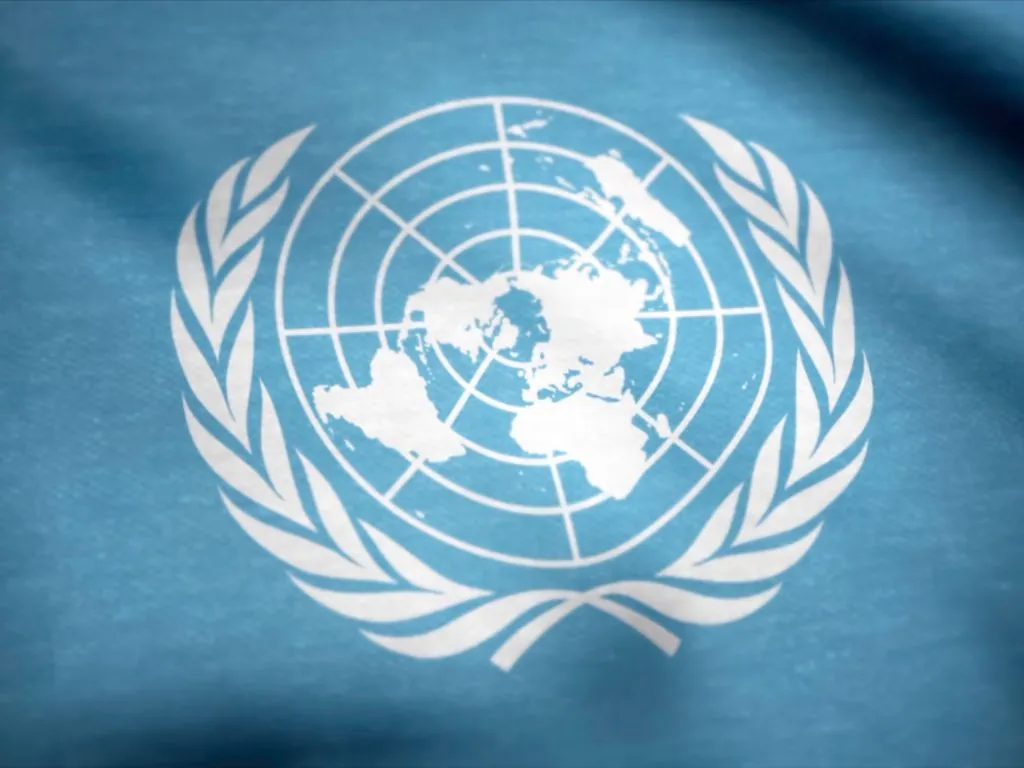- Home
- GPC United Nations
United Nations - Home
Login
Forget Password
News

OECD Issues Best Practice Guide on Chemical Data Sharing Between Companies
Oct-06-2025
On 25 September 2025, the
Organisation for Economic Co-operation and Development (OECD) released its Best
Practice Guide on Chemical Data Sharing Between Companies. The guide aims
to help organisations share chemical information efficiently and responsibly, thereby
supporting regulatory compliance, innovation, and safety across the supply
chain.
Practical Recommendations for
Industry
Developed as part of the OECD’s
ongoing work on chemicals management, the guide provides practical
recommendations for companies on how to exchange data while protecting
confidential business information and respecting intellectual property rights.
It outlines key principles to improve transparency, data quality, and trust
between participating companies.
Promoting Efficiency and
Collaboration
The publication highlights
various data-sharing models, such as consortia, data intermediaries, and
databanks, and describes governance structures and agreements that can
facilitate collaboration. It also addresses challenges related to data format
harmonisation, ownership, and the handling of sensitive information.
By promoting effective data
sharing, the OECD aims to reduce the duplication of testing, lower industry costs,
and accelerate chemical risk assessments. Improved cooperation is expected to
benefit both large and small enterprises, helping them meet regulatory
obligations, such as those under REACH and similar global frameworks.
The Best Practice Guide on
Chemical Data Sharing Between Companies is available here.

UN publishes 24th Revised Edition of the UN Orange Book
Sep-16-2025
Update: On 15 September 2025, the United Nations Economic Commission
for Europe (UNECE) published the twenty-fourth revised edition of the UN Model
Regulations (UN Orange Book Rev. 24) i.e. Model Regulations on the Transport of
Dangerous Goods on the portal. The electronic version of UN Model Regulations
Rev. 24 is available online for free consultation in two official UN languages (English and French). Both volume
I and volume II of UN orange book are published on
the portal.
Original Text:
On 16 July 2025, the United Nations Economic Commission for
Europe (UNECE) announced amendments to the Model Regulations on the
Transport of Dangerous Goods. These amendments to the twenty-third revised
edition of the Model Regulations were approved by the UN Committee of Experts
on the Transport of Dangerous Goods and on the GHS at its twelfth session on 6
December 2024, and will form the basis of the upcoming 24th revised
edition.
Earlier
Update in August 2023
Previously on 10 August 2023, the UNECE released the 23rd
revised edition of the Model Regulations on the Transport of Dangerous Goods on
its official portal. More details can be found here.
Key Updates from the UN Orange Book 2025
- Revised provisions for hybrid batteries containing both lithium-ion and sodium-ion cells, with new entries for batteries in equipment and cargo transport units.
- Updated references to the latest ISO standards.
- New allowance for the use of recycled plastic materials in flexible intermediate bulk containers (FIBCs).
- Clarified packaging requirements for solids that may become liquid during transport.
- Introduced provisions for the transport of liquid organic hydrogen carriers (LOHCs).
- New rules for salvage pressure receptacles, based on maximum pressure-volume (pV) product.
- Added provisions for the classification of energetic samples.
- Exemptions for packaging small quantities of environmentally hazardous liquid substances.
- Defined requirements for FRP service equipment used in portable tanks, covering design, construction, inspection, and testing.
The electronic version of 24th revised edition of the Model Regulation will be available for free on the portal in September 2025.
Login
Forget Password
Global Product Compliance (GPC) specializes in Global Regulatory Compliance Solutions across sectors
globally. SSS Europe, a familiar name in chemical regulatory and compliance services now formally belongs
under the umbrella of GPC Holding Sweden.
Since 2008, we have emerged as one of the leading names among Global Regulatory Compliance Service
Providers with Representation services in Europe, Asia and Middle East for respective chemical
regulations.

 Twitter
Twitter
